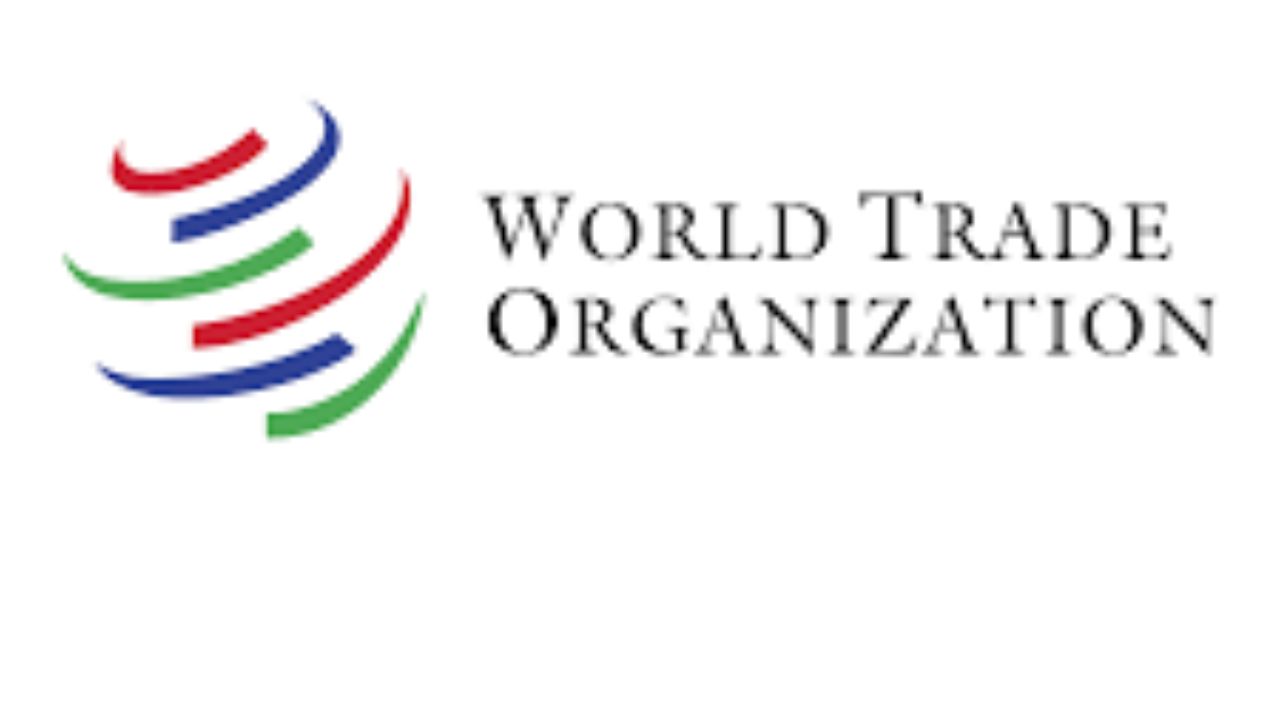World Trade Organization: WTO Definition, History & Facts
The World Trade Organisation (WTO) is an international organization that acts as a facilitator and regulator of international commercial transactions.

World Trade Organization – Introduction
The World Trade Organization (WTO) provides a framework for the negotiation of trade agreements between participating countries. These agreements typically aim to reduce or eliminate tariffs, quotas, and other restrictions, and these contracts are duly signed by representatives of governments and approved by their respective legislatures. The WTO facilitates international trade in goods, services, and intellectual property among participating countries.
The World Trade Organization (WTO) is responsible for the administration of impartial dispute resolution to resolve trade-related disputes and ensure that members conform to the terms of trade agreements.
Although the organization does not permit discrimination between different trade partners, it does provide allowances for exclusions for the sake of protecting the environment, maintaining national security, and achieving other significant objectives.
Read Also~ Insurance Sector: A Brief Overview, History & News Update
History of WTO
The General Agreement on Tariffs and Trade (GATT), the forerunner of today’s World Trade Organization, was founded in 1947 via a multilateral pact among 23 nations. It followed the creation of other multilateral organizations devoted to international economic cooperation, such as the World Bank (1944) and the International Monetary Fund (Founded 1944).
A comparable international institution for trade known as the International Trade Organization was never established because the United States and other signatories failed to ratify the establishment treaty. As a result, the General Agreement on Tariffs and Trade (GATT) gradually became a de facto international organization.
Impact of WTO
According to several studies, the WTO helped improve commerce. According to research, if the WTO did not exist, the average nation would see a rise in the number of tariffs placed on its exports which are 32 percentage points higher. One method that contributes to a rise in trade is the WTO’s process for the resolution of disputes.
Research that was published in 2017 in the Journal of International Economic Law found that “References to the World Trade Organization (WTO) may be found in almost all modern preferential trade agreements (PTAs), often dozens of times over numerous chapters.
Read Also~ INOX Leisure Ltd: History, Growth & Share/Stock Price
Similarly, in many of these same PTAs, we discover that significant chunks of the treaty text, sometimes even the bulk of a chapter, are taken directly from a WTO agreement… Over time, the influence of the WTO in PTAs has grown.”
